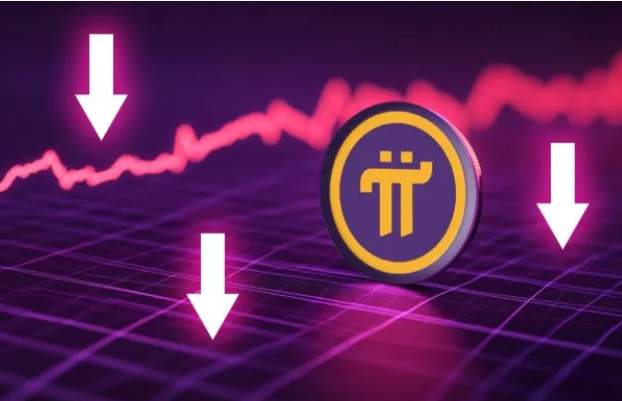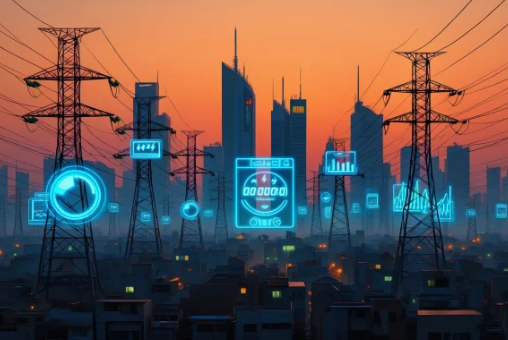A recent lawsuit challenges former U.S. President Donald Trump’s $100,000 fee for H-1B worker visas. Critics argue the fee violates the U.S. Constitution. They claim only Congress can impose such charges. Therefore, they say Trump’s administration acted without authority.
Fairness and Corruption Concerns
The lawsuit claims Trump’s policy turned the H-1B program into a “pay-to-play” system. Under this rule, companies must pay the hefty fee or seek a “national interest” exemption. However, the Secretary of Homeland Security decides who gets that exemption. This rule raises fears of favoritism and corruption.
The complaint also accuses the Department of Homeland Security and the State Department of skipping proper rulemaking. The groups argue the policy ignored its impact on innovation and global talent. As a result, they say the fee hurts fairness and transparency.
Effect on Talent and Innovation
The H-1B program lets U.S. employers hire skilled foreign workers in specialized fields. Each year, the U.S. issues 65,000 visas plus 20,000 more for advanced degree holders. These visas usually last three to six years.
India received the largest share of H-1B visas, about 71% last year. China follows with 11.7%. Supporters of the lawsuit warn that steep fees may discourage global talent. They believe the policy could damage America’s tech leadership.






